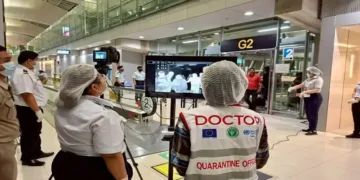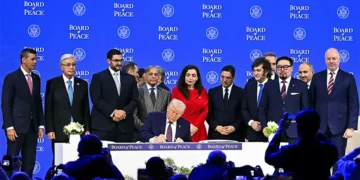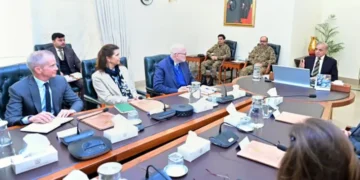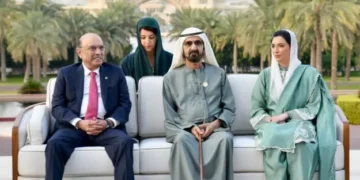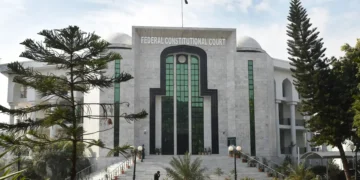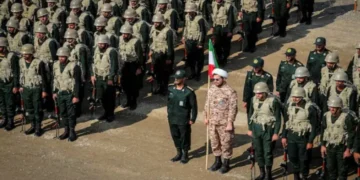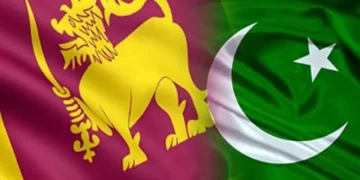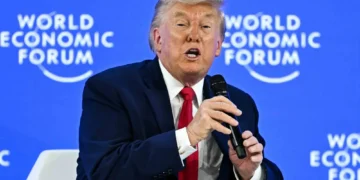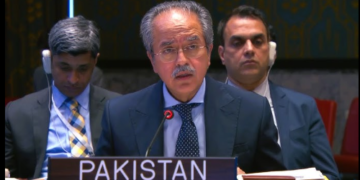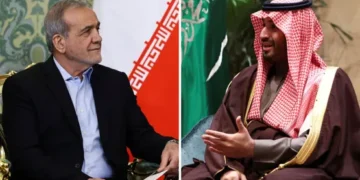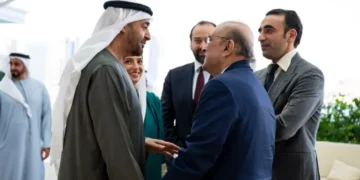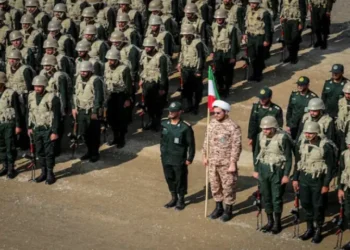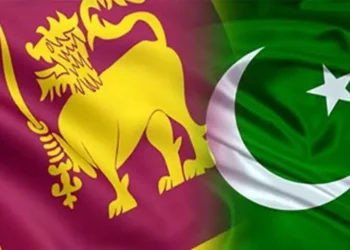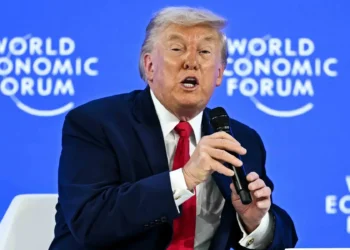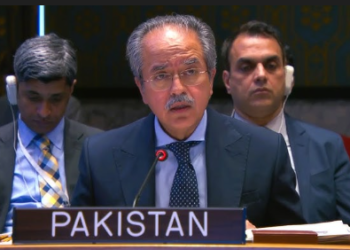Web Desk (MNN); US President Donald Trump announced on Monday that he intends to approve the sale of advanced F-35 fighter jets to Saudi Arabia, signalling a major shift in Washington’s policy on selling high-tech weapons to Arab states.
Speaking at the White House a day before Crown Prince Mohammed bin Salman’s arrival, Trump told reporters that the US would be “selling F-35s,” praising Saudi Arabia as a strong ally. He added that Riyadh had long expressed interest in purchasing the aircraft.
The move is seen as a significant win for Saudi Arabia as Trump pushes for the kingdom to normalise relations with Israel under the Abraham Accords. However, Saudi officials have continued to insist that recognition of Israel depends on the establishment of an independent Palestinian state, in line with the Arab Peace Initiative.
The potential arms sale has raised concerns about safeguarding Israel’s qualitative military edge, a principle rooted in US law and upheld for decades. Israeli officials have already voiced opposition, warning that providing F-35 jets to Saudi Arabia could threaten Israel’s long-standing military superiority.
The United States has maintained this principle since the Lyndon Johnson era in 1968, later formalised under Ronald Reagan, guiding American arms sales in the Middle East to ensure Israel retains decisive battlefield advantages.
The F-35, developed by Lockheed Martin, is considered one of the world’s most advanced fighter jets, equipped with stealth technology that evades enemy detection. Critics in Israel caution that the sale may spark a regional arms race.
Israeli opposition politician and former deputy army chief Yair Golan warned that the deal could undermine decades of Israeli military dominance, criticising Prime Minister Benjamin Netanyahu’s government for risking the country’s security advantage. National Security Minister Itamar Ben-Gvir also stressed that Israel must preserve its aerial superiority.
The timing of Trump’s statement, coming just before the crown prince’s White House visit, highlights Washington’s efforts to deepen its ties with Riyadh as part of a broader Middle East strategy. Historically, the US has balanced such sales by downgrading technology supplied to Arab states or compensating Israel with more advanced systems.
Prince Mohammed’s trip comes as a fragile Gaza ceasefire continues amid repeated Israeli violations.
When questioned about the possible F-35 sale, Trump referenced a past US attack on Iran, claiming it had “obliterated” the country’s nuclear facilities. Meanwhile, Saudi Arabia’s state news agency reported that the crown prince recently received a handwritten letter from Iranian President Masoud Pezeshkian, though no details were provided.
If finalised, Saudi Arabia would become the first Arab nation to join the F-35 programme. The US had previously approved F-35 sales to the United Arab Emirates in 2020 after it normalised relations with Israel, but the deal collapsed after President Joe Biden took office due to concerns over technology security.
Any arms sale authorised by the president and secretary of state may still be blocked by the US Congress.






